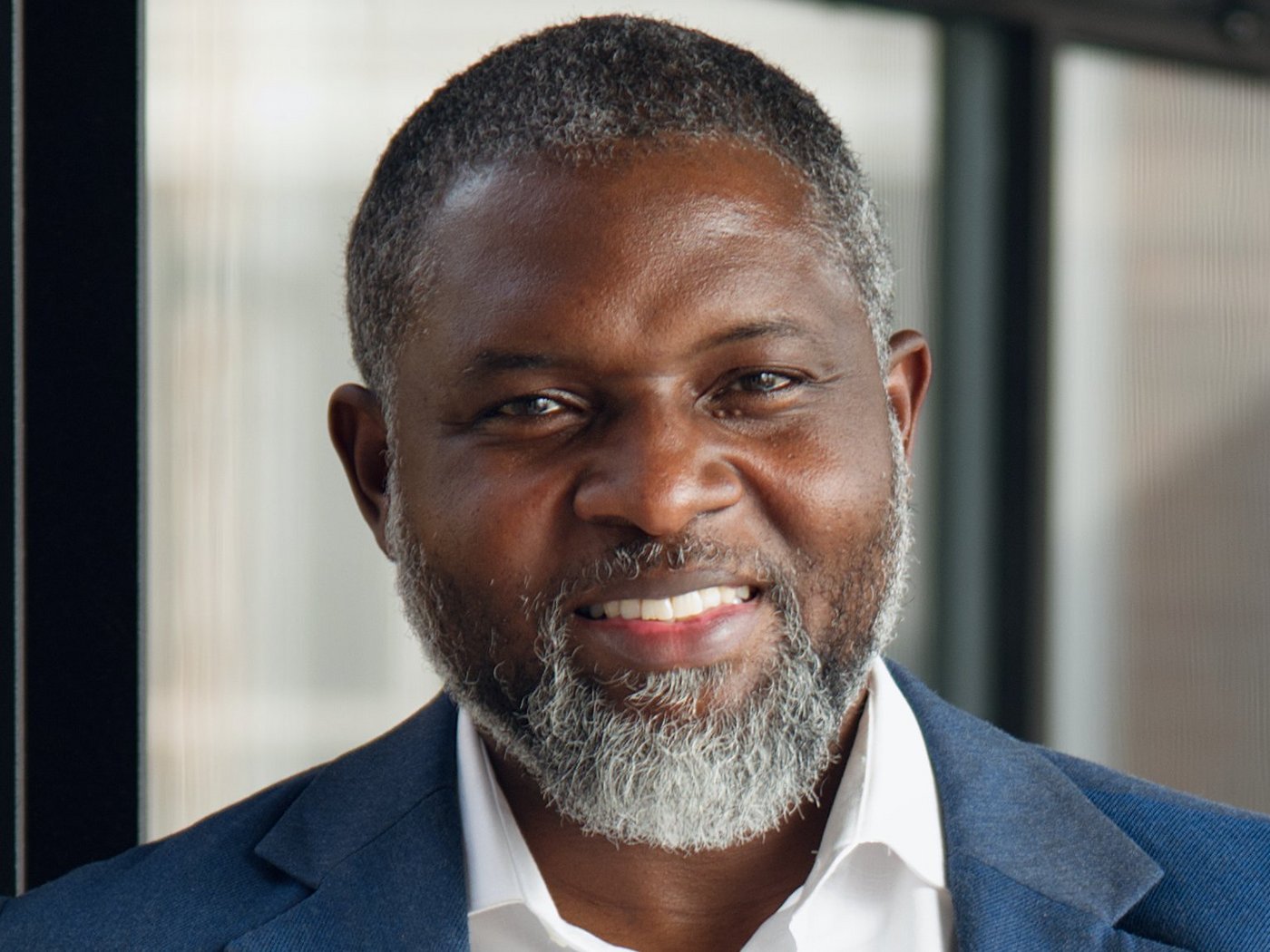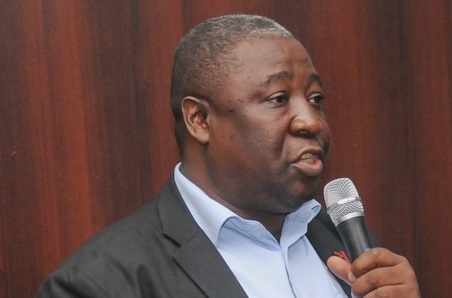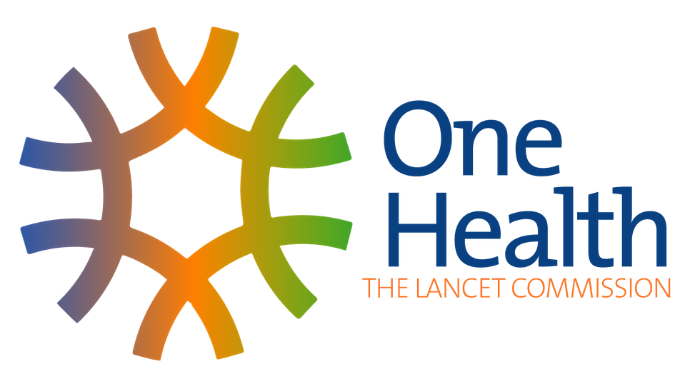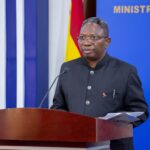Ghana has reaffirmed its resolve to tackle complex health threats by renewing its commitment to the One Health approach through a high-level policy dialogue in Accra. Convened under the Evidence-Informed Policy Approaches for One Health (OH-EVI) project, the dialogue brought together human, animal, and environmental health stakeholders to assess pandemic lessons and chart a unified path toward greater preparedness. The event reiterated how Ghana’s COVID-19 response demonstrated the power of cross-sector collaboration, ultimately leading to the creation of a national One Health Platform designed to break down silos and strengthen system resilience.
During the Accra meeting, participants reviewed progress against key milestones and aligned priorities to tackle emerging health challenges. Policymakers, researchers, and representatives from the national One Health Platform examined strategies for improved surveillance, rapid response, and joint risk assessment. By fostering integrated planning, the dialogue aimed to translate research evidence into actionable policies that protect both people and the ecosystems on which they depend.
The OH-EVI project, implemented by the Global Health and Infectious Disease Research Group at the Kumasi Centre for Collaborative Research in Tropical Medicine (KCCR), Kwame Nkrumah University of Science and Technology (KNUST), with support from the Friedrich-Loeffler-Institut, the World Health Organization, and the German Ministry of Health, provided the technical foundation for the dialogue. Through targeted capacity building and stakeholder engagement, OH-EVI seeks to ensure that Ghana’s One Health policy framework is grounded in robust evidence and global best practices, positioning the country as a potential regional leader in integrated health governance.
Building on outcomes from a three-day stakeholder engagement in November 2024, participants refined a series of Evidence Briefs for Policy (EBPs) covering critical topics such as antimicrobial resistance. These briefs were designed to support informed decision-making by summarizing

research findings, diagnostic tools, and intervention options. The November workshops laid the groundwork for the Accra dialogue by identifying priority interventions and knowledge gaps that demand urgent policy attention.
Speaking at the policy dialogue, Dr. Michael Owusu, Lead of the Virology and Diagnostic Group at KNUST and Co-Lead of the One Health Virology Group at KCCR, emphasized the persistent chasm between academic research and policy uptake. “We must bridge the gap between knowledge production and policy implementation,” he warned, highlighting that reports and studies often fail to inform real-world surveillance and response systems unless deliberate channels for translation are established.
Dr. John Amuasi, Principal Investigator of the OH-EVI project, described the unfinished status of Ghana’s One Health policy as “a blessing in disguise.” With the draft framework yet to be finalized, he explained, Ghana enjoys a unique window of opportunity to incorporate the latest evidence synthesized through OH-EVI and to align its domestic agenda with global initiatives such as the Lancet One Health Commission Report and the forthcoming WHO Pandemic Agreement.
“ This momentum positions Ghana to lead in a way that is both informed and forward-looking ”
Dr John Amuasi
Madam Ruth Arthur, Director of Disease Epidemics at the National Disaster Management Organization (NADMO), stressed that clear coordination and policy clarity are indispensable to the One Health agenda. She urged government leaders to view integrated health approaches not as optional add-ons but as strategic investments in national resilience. “Effective policy frameworks and strong institutional linkages will determine whether we anticipate


or react to the next crisis,” she said, calling for dedicated funding and cross-ministerial accountability mechanisms.
Highlighting the broader stakes, Dr. Badu Sarkodie, former Director of Public Health at the Ghana Health Service, reiterated that One Health is foundational to both health and food security. As the Accra dialogue concluded, stakeholders agreed on next steps: finalizing the national One Health policy, securing ring-fenced budget lines for integrated surveillance and response, and convening a technical working group to oversee implementation.
By embedding Evidence Briefs for Policy into ministerial decision cycles and fostering joint training for health, veterinary, and environmental professionals, Ghana aims to operationalize One Health principles across all levels of government.

“ A cohesive One Health framework will reduce the risk of future outbreaks while safeguarding our agricultural systems and livelihoods ”
Dr. Badu Sarkodie
Ghana’s recommitment to One Health marks a pivotal advance in the nation’s quest for resilient health systems. By marrying rigorous research with inclusive policy processes and clear leadership from the highest levels, the country stands poised to transform cross-sectoral collaboration into concrete gains—enhancing its capacity to predict, prevent, and contain health threats in an increasingly interconnected world.
Source: https://www.myjoyonline.com/ghana-renews-commitment-to-one-health-in-high-level-policy-dialogue/



